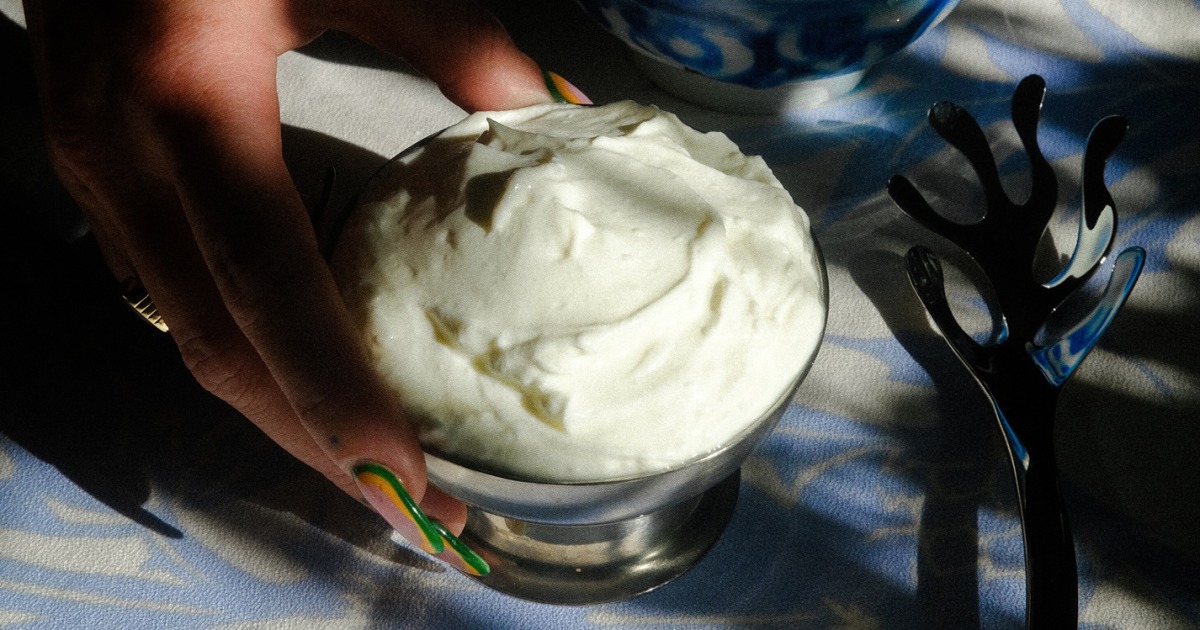- Speak for the Heart is now Positive Vibes!
- Posts
- Can Yogurt Prevent Diabetes?
Can Yogurt Prevent Diabetes?
Plus, March is National Sleep Awareness Month
Hello again and happy March!
March is National Sleep Awareness Month, and since so many struggle with getting enough sleep on a regular basis—and given how important adequate sleep is to heart and whole-body health—we’ll be taking a look at techniques to promote better sleep in each issue of Speak for the Heart this month.
This issue also looks at the recent FDA news regarding yogurt’s ability to reduce the risk of diabetes—with one major caveat (see below).
And, as always, Premium subscribers get bonus content!
Not a Premium subscriber? You can upgrade now and get bonus content in every issue, along with special discounts and exclusive features!
To your health,
Yasmine S. Ali, MD

Weekly Heart-Health News: The Highlights
My Take:
Natural or fermented yogurt without added sugars can indeed help lower the risk of diabetes—but the key here is to avoid yogurt with artificial sweeteners or added sugars.
For instance, as part of my breakfast every morning, I have plain, unsweetened, whole Kefir milk, which is a fermented milk very similar to a yogurt drink.
I also have a cup of plain, unsweetened, whole-milk Greek yogurt (usually with whole berries on top that I add myself—blackberries or blueberries, for instance) many evenings, to add to my daily calcium and probiotic intake. I may add a drizzle of wildflower honey and mix it in, too, if I’m feeling like it.
Here’s the Greek yogurt I eat (you can find it in most supermarkets):
Yogurt has natural probiotics and is a good source of calcium and protein. It’s found in the Mediterranean way of eating (also known as the Mediterranean Diet), and has been shown to be part of a healthy dietary pattern—again, when it isn’t laden with added sugars or artificial sweeteners.
So, keep it natural, and enjoy your yogurt!
My Take:
Many an artist or author (this one included) has found movement to be conducive to increasing creativity and productivity. I bet you’ll find it to be so, too—even just a few minutes can help, as shown in this article.
My Take:
March is National Sleep Awareness Month, and the site above is full of great resources and tips for getting a better night’s sleep—on a regular basis.
Getting enough sleep isn’t just a luxury; it’s essential for good health and longevity. Adequate sleep (7 to 9 hours per night) helps lower blood pressure and stress hormones, and leads to better heart health and less risk of heart attack and stroke.
What about you? How many hours of sleep do you get most nights? Do you have a specific technique for getting better sleep?
Premium Content
Another Heart Problem from Diet Drinks
How to Practice Mindful Eating
Subscribe to Premium to read the rest.
Become a paying subscriber of Premium to get access to this post and other subscriber-only content.
Already a paying subscriber? Sign In.
A subscription gets you:
- • Exclusive, bonus content in EVERY issue!
- • FREE Premium Health Guides and Heart-Health Tip Sheets, as soon as they are released!
- • Access to "Cooking with a Cardiologist," including restaurant guides, heart-healthy recipes, meal plans, cookbook recommendations, videos, and more!
- • Special subscriber discounts on future products (e-books, workbooks, courses, webinars, live events, calendars, merchandise, etc.)
- • Eligible for special Premium subscriber giveaways!
- • Lifestyle tips and strategies with actionable advice for promoting heart health and cardiovascular well-being




